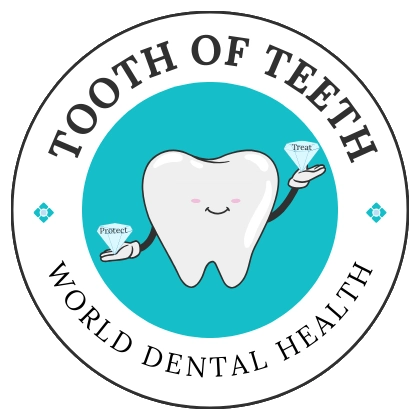Introduction
Dental anxiety, commonly referred to as dental fear or odontophobia, is a widespread issue affecting millions of people worldwide. It can manifest as feelings of unease, nervousness, or even intense fear when visiting a dentist. For some, this fear is so severe that they avoid dental care altogether, risking their oral and overall health. Understanding the causes and effects of dental anxiety, along with strategies to manage it, is crucial for patients and dental professionals alike.

What Causes Dental Anxiety?
- Past Traumatic Experiences:
Negative experiences during dental visits, especially in childhood, are one of the leading causes of dental anxiety. Painful procedures or perceived mistreatment can leave a lasting impression.
- Fear of Pain:
Many individuals associate dental procedures with pain, even though modern dentistry has significantly advanced in minimizing discomfort.
- Loss of Control:
Being in a vulnerable position, lying on a dental chair, and having limited ability to communicate during procedures can cause feelings of helplessness.
- Fear of Needles or Instruments:
The sight of needles or sharp dental tools can trigger anxiety in some individuals.
- Embarrassment:
Patients may feel self-conscious about the condition of their teeth or their oral hygiene habits, leading to avoidance of dental visits.
Impact of Dental Anxiety on Health
Avoiding dental care due to anxiety can have severe consequences. Poor oral hygiene may lead to:
- Dental Decay and Gum Disease: Lack of regular check-ups and cleanings increases the risk of cavities and periodontal disease.
- Chronic Pain: Untreated dental issues can result in persistent pain, affecting the individual’s quality of life.
- Systemic Health Problems: Oral health is closely linked to overall health; conditions like heart disease and diabetes can worsen with poor oral hygiene.

Strategies to Overcome Dental Anxiety
- Open Communication with the Dentist:
Sharing fears and concerns with the dentist can help them tailor their approach to make the patient feel more comfortable. Dentists trained in managing anxious patients often use calming techniques and explain procedures in detail.
- Gradual Exposure:
Starting with simple, non-invasive procedures like cleanings can help build trust and reduce fear over time.
- Use of Sedation Techniques:
Modern dentistry offers various sedation options, including nitrous oxide (“laughing gas”), oral sedatives, and IV sedation, which help patients relax during procedures.
- Distraction Methods:
Listening to music, watching videos, or using virtual reality can help shift focus away from the procedure.
- Relaxation Techniques:
Deep breathing exercises, progressive muscle relaxation, or guided imagery can reduce anxiety before and during dental visits.
- Cognitive Behavioral Therapy (CBT):
CBT is a proven psychological approach to managing dental anxiety. It helps patients identify and challenge negative thoughts related to dental care and replace them with positive coping strategies.
- Familiarizing with the Environment:
Visiting the dental office before an appointment to meet the staff and see the equipment can help reduce fear of the unknown.
- Seeking Support:
Bringing a friend or family member to the appointment can provide emotional comfort.
How Dentists Can Help
Dentists play a significant role in alleviating dental anxiety. By creating a welcoming and non-judgmental environment, they can make patients feel at ease. Providing clear explanations of procedures, offering pain management options, and ensuring that the patient is in control at every step can make a significant difference. Additionally, incorporating technologies like laser dentistry and minimally invasive techniques reduces the need for traditional tools that may trigger fear.

Conclusion
Dental anxiety is a real and impactful issue, but it is not insurmountable. Through understanding its causes, utilizing effective coping strategies, and seeking support from compassionate dental professionals, individuals can overcome their fear of the dentist. Prioritizing dental care is essential not only for oral health but also for overall well-being. By taking proactive steps to address dental anxiety, patients can achieve healthier smiles and better quality of life.









